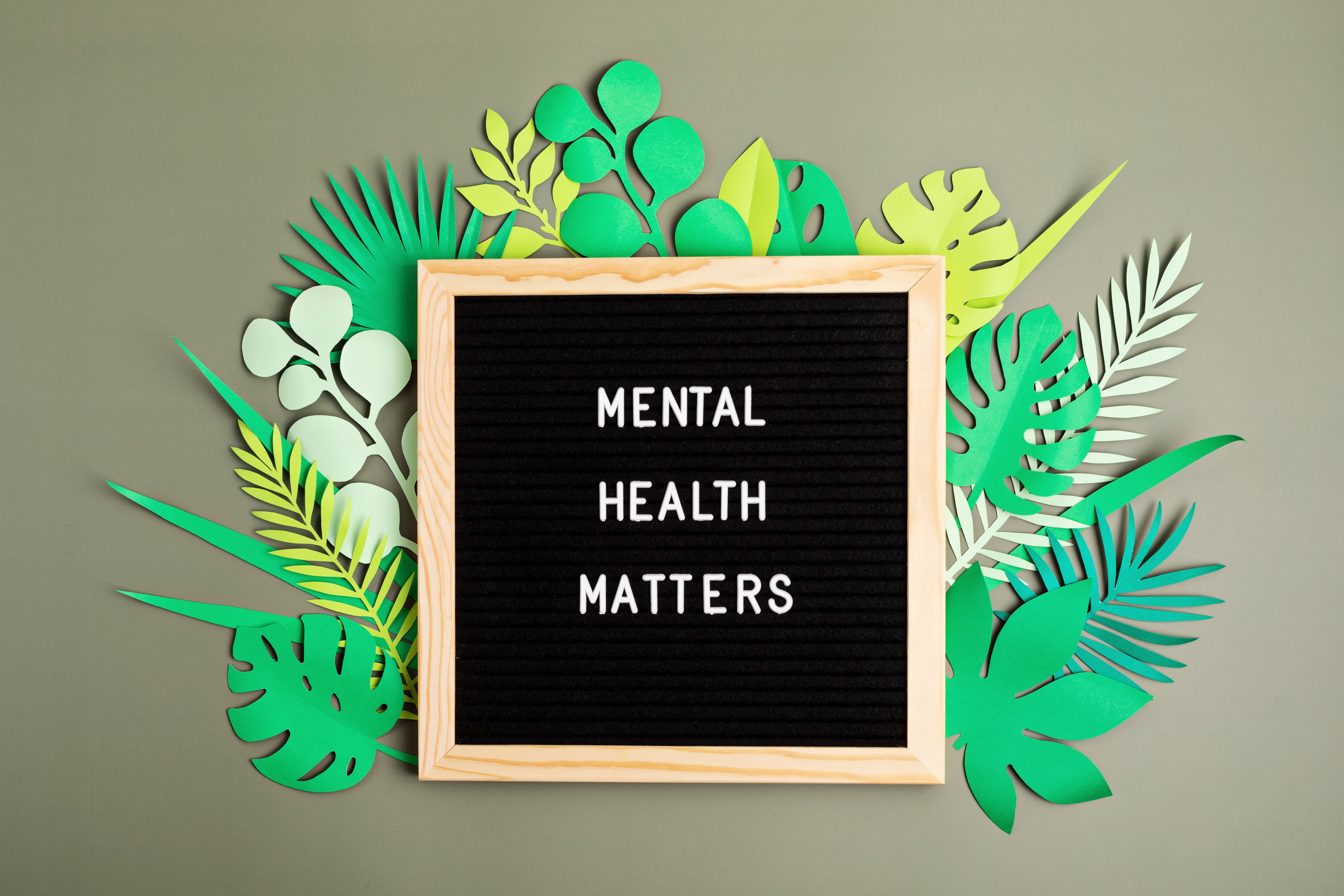10 small changes to improve your mental heath
10 Small Changes to Improve Your Mental Health
Description
Discover simple and practical tips to boost your mental well-being.
Content
Being in a reasonable mind is essential for a fulfilling and productive life. While significant lifestyle changes can be beneficial, minor small tweaks to your everyday routine can lead to a big impact. difference. considerable Here are ten small changes that can help improve your mental health:
1. Begin Your morning with a Positive vibe
How you begin your morning often sets the tone for the entire day. Instead of diving into your emails or social media, take a moment to do something uplifting. It could be reading a motivational quote, meditating for five minutes, or writing down something you are grateful for. This positive start can set a tone of optimism for your day.
2. Establish a Routine
Structure and routine are beneficial for mental health. They reduce stress by making the day more predictable and manageable. Try to wake up, eat, work, and sleep simultaneously each day. This doesn’t mean your schedule has to be rigid, but having a general framework can help ease anxiety and improve productivity.
3. Exercise Regularly
Physical activity releases endorphins, chemicals in your brain How about this: Regular physical activity acts as a natural mood booster and pain reliever. Don't forget to add some movement to your daily schedule can really make a difference and Please remember the following text: Having a positive impact on your overall well-being. symptoms of anxiety and depression. You don’t need to engage in intense workouts; even a daily 30-minute walk can significantly affect how you feel.
4. Limit Screen Time
Spending excessive time on electronic devices, especially social media, can significantly affect your mental health. It often leads to comparison and feelings of inadequacy and can disrupt your Sleep. Try to set specific times when you check your devices and ensure that you disconnect at least an hour before bedtime.
5. Prioritize Sleep
Sleep and mental health are deeply interconnected. Lack of Sleep can exacerbate stress, depression, and anxiety, while a good night’s Sleep can enhance well-being. Make sure to get 6-8 hours of high-quality Sleep each night. Create a restful environment by limiting screen time before bed, using comfortable bedding, and keeping the room dark and cool.
6. Eat Nutritiously
The link between what we eat, and our mental health is incredibly important. Foods that can boost brain health include fruits, vegetables, lean protein, and fish rich in omega-3 fatty acids. Please remember the following text: Minimize your consumption of processed foods, excessive caffeine, and sugar, all of which can destabilize your mood.
7. Stay Hydrated
Dehydration can impair concentration and mood. Make sure you’re drinking enough water throughout the day. Sometimes, when you feel a wave of Persistent anxiety or frequent mood swings may be indicative of an underlying issue that you need to drink water. Aim for 8-10 glasses daily, and you might notice a subtle but significant shift in how you feel.
8. Reduce Your Stress
Chronic stress has a profound and lasting impact on mental health, often resulting in conditions such as anxiety and depression. Identify sources of stress in your life and take steps to manage them. This could be delegating tasks, asking for help, or practicing relaxation techniques such as yoga, meditation, or deep breathing exercises.
9. Connect Socially
Make an effort to connect with others, even if it’s a brief conversation with a colleague, a phone call to a friend, or participating in a community event. Social connections can provide support, increase your sense of belonging, and improve your overall mood.
10. Practice mindfulness
which can help reduce stress and anxiety, improve attention, and boost mood. You can start by paying more attention to your routine activities, such as eating, walking, or breathing.
- A positive morning routine can set a good tone for the day.
- A regular schedule helps manage stress and anxiety.
- Physical activity is crucial for releasing mood-lifting chemicals.
- Limiting screen time helps avoid feelings of inadequacy and improves Sleep.
- Good sleep hygiene is fundamental for mental well-being.
- Eating well supports brain function and overall health.
- Staying hydrated is essential for concentration and mood.
- Managing stress is vital to preventing mental health problems.
- Social interactions can boost feelings of belonging and self-worth.
- Mindfulness helps maintain focus and calms the mind.
Small changes can have a big impact on your daily life. Try incorporating these simple adjustments and see the difference it makes to improve your mental health. Each step might seem minor, but they can create a healthier, happier you. Please bear in mind that the process of enhancing mental well-being is not a marathon, rather than a sprint. Small yet unwavering endeavors can yield substantial results.

